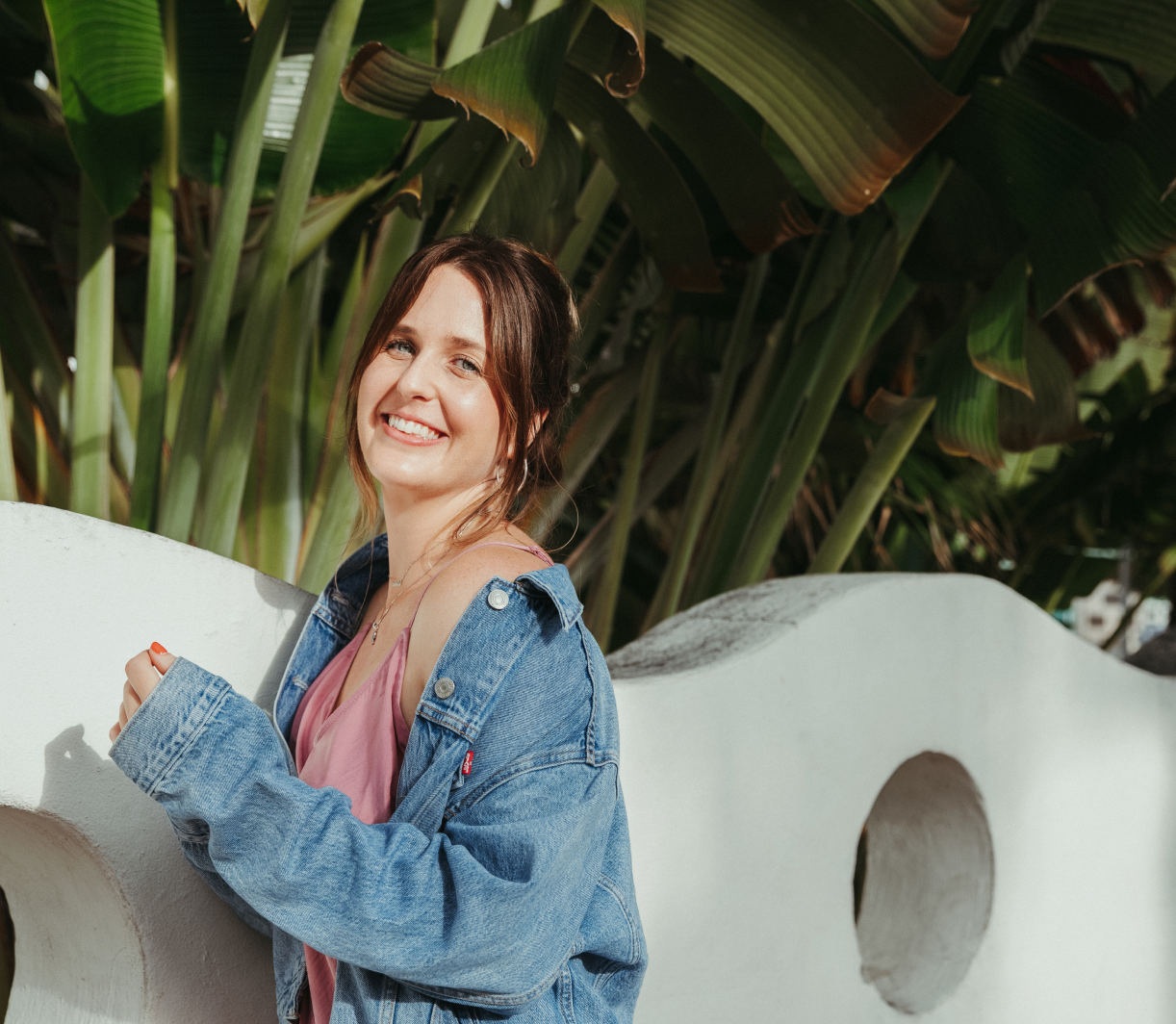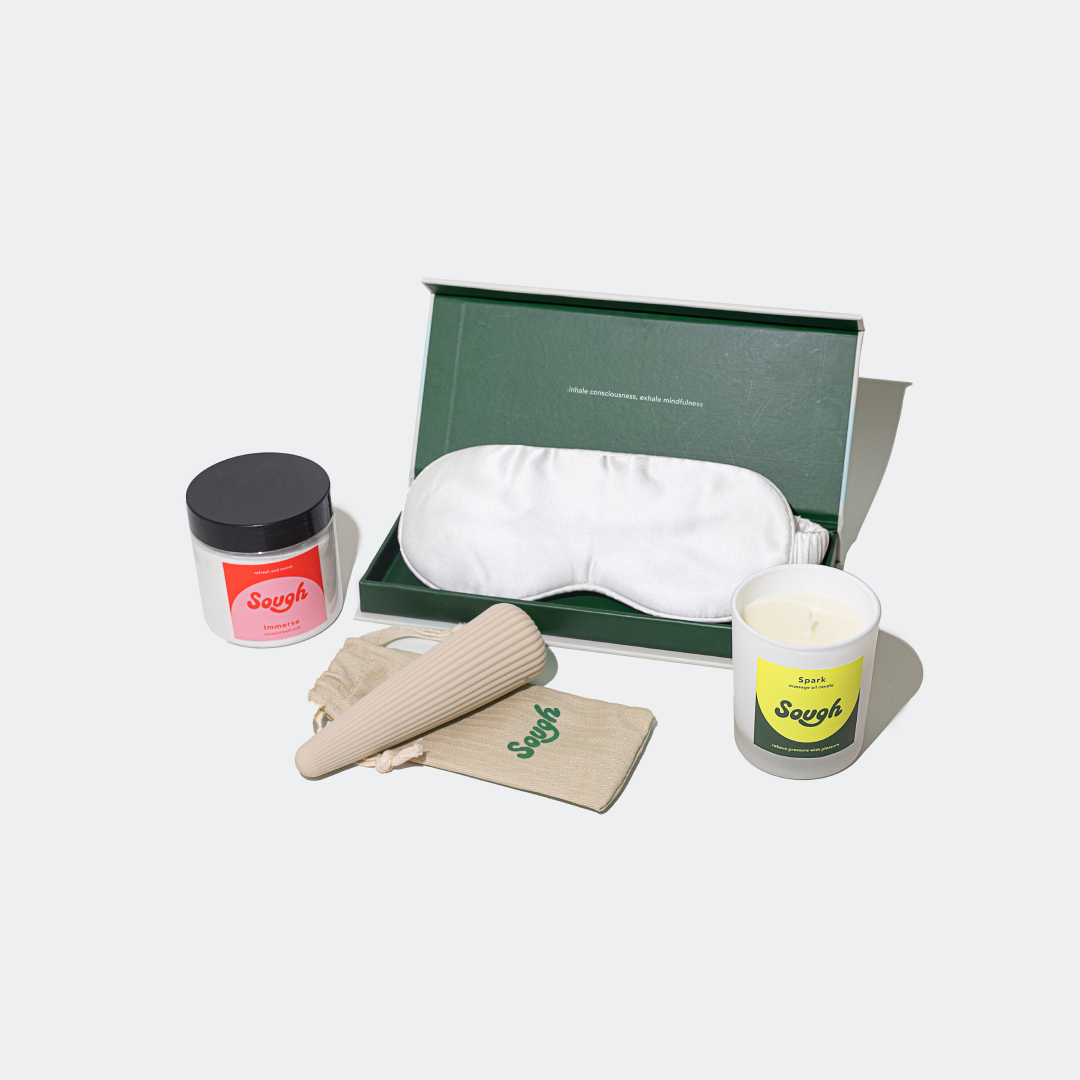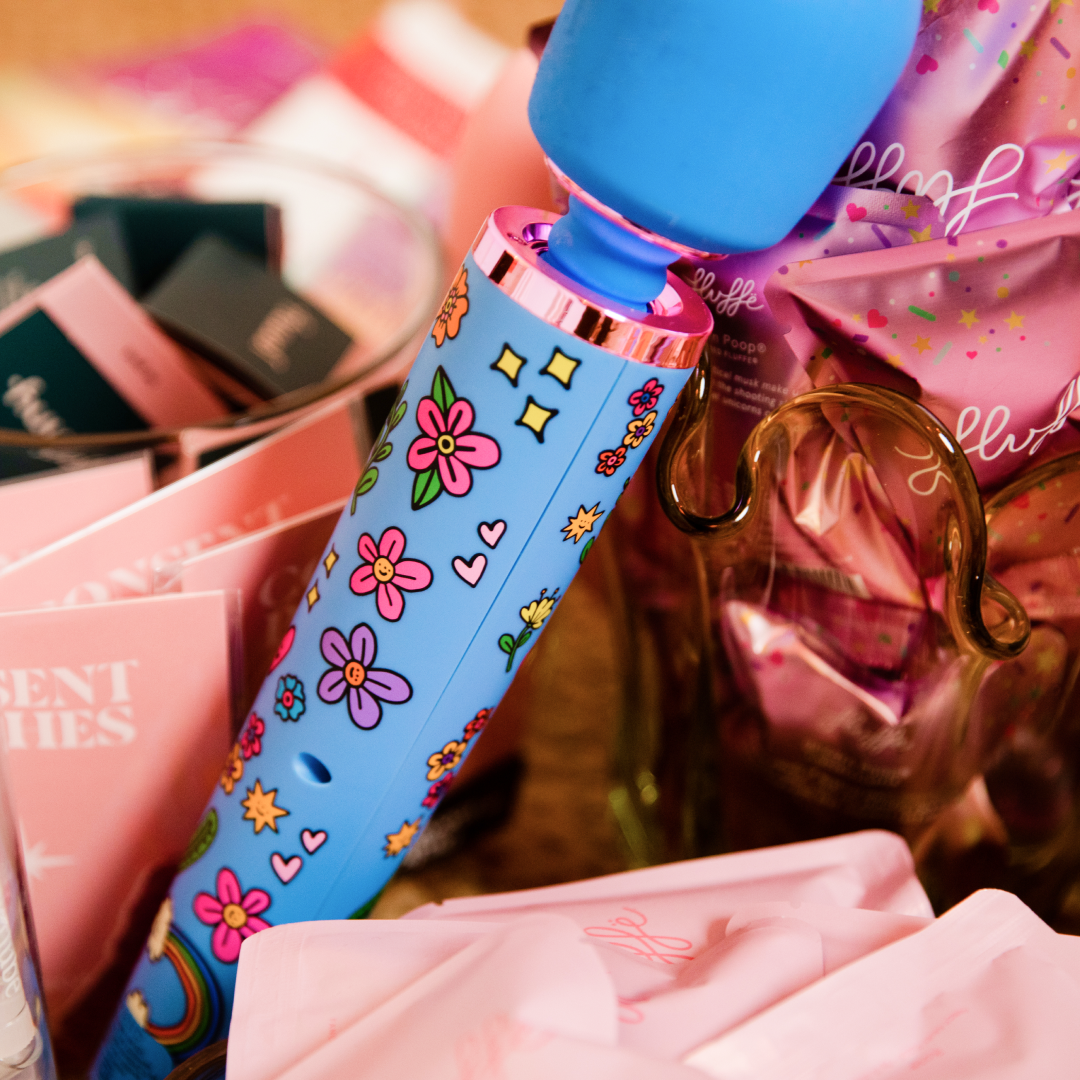When you think of porn what comes to mind? Are there certain narratives about right and wrong? Do you remember when you first learned what it was or consumed it for the first time? In today’s world, children as young as 9 years old are watching porn; often long before any formal sex education is even in the picture. Whether we like it or not, porn and the online culture around sex is fast becoming the main avenue for people to learn about sex and pleasure.
That’s where Erika Lust's nonprofit project, The Porn Conversation comes in. Lust, founder of alternative erotic cinema company Erika Lust Films, shares that “porn can be misogynistic, racist, and violent and leaves young people of all genders and sexualities with a misunderstanding of what sex is and what respectful relationships look like”.
Sexologist and brand manager of The Porn Conversation, Avril Louise Clarke, helped us to distill down the importance of porn literacy and how we, as a society, can use it to be more informed consumers of the porn we are watching.
What is Porn Literacy?
Just as maintaining a critical lens for consuming news is important, Clarke shares that “porn literacy is a type of media literacy that stems from a decades-long educational framework that helps us become more critical consumers of the media we are exposed to (Share et al., 2010)”.
There are a few key questions and concepts that help shape any type of media literacy:
5 Key Questions of Media Literacy
- Who created this message?
- What creative techniques are used to attract my attention?
- How might different people understand this message differently?
- What values, lifestyles, and points of view are represented in, or omitted from, this message?
-
Why is this message being sent?
5 Core Concepts of Media Literacy
- All media messages are ‘constructed’.
- Media messages are constructed using a creative language with its own rules.
- Different people experience the same media message differently.
- Media have embedded values and points of view.
- Most media messages are organized to gain profit and/or power.
Why is Porn Literacy Important?
Clarke shares that porn literacy “allows one to become a more conscious consumer of porn by examining one’s relationship with porn, and the messages it sends us”.
The same key questions and core concepts of media literacy can be used as a framework during porn consumption “from which young people can critically examine and make sense of the sexual images they see (Hutchings, 2017)”. Porn literacy is used to encourage an understanding that porn as a form of sexualized media, whether consumed intentionally or not, has a message. Clarke shares that “the main goal of porn literacy is for individuals to critique porn and construct their own meanings from the content (Defur, 2014)”.
She continues that “one of the primary concerns regarding youth pornography engagement is the impact it can have on forming sexual expectations”. Developing porn literacy skills can assist young people to anticipate sexual outcomes that are realistic for their lives instead of the fantasy that porn creates.
7 Questions To Prompt More Conscious Porn Consumption
How Do I Foster a Healthier Relationship With Porn?
Clinical Psychologist and Sex Therapist and The Porn Conversation Ambassador, Kelifern Pomeranz, shares that “while porn can be used in a self-destructive manner if engaged with mindfully it can contribute to one’s sexual repertoire and be a positive addition to healthy sexuality”.
Check out Pomeranz's guide on fostering a healthy relationship with porn here.
How Do I Navigate Talking About Porn With My Partner?
Porn is one of the best tools to use to open up to a partner. Begin by exploring some of your preferred porn sites together, and use it as a starting point for conversation. Ask each other, what categories turn you on the most. Is there something you see you would like to try? Prefer to leave it as a fantasy?
Just as masturbation often occurs behind closed doors, so does porn but if we talk about it more, we normalize these practices and it can be used to better our relationships with ourselves, our partners, and our relationship with porn.




1 comment
Patricia Jennings
More information on getting a little party together….
More information on getting a little party together….